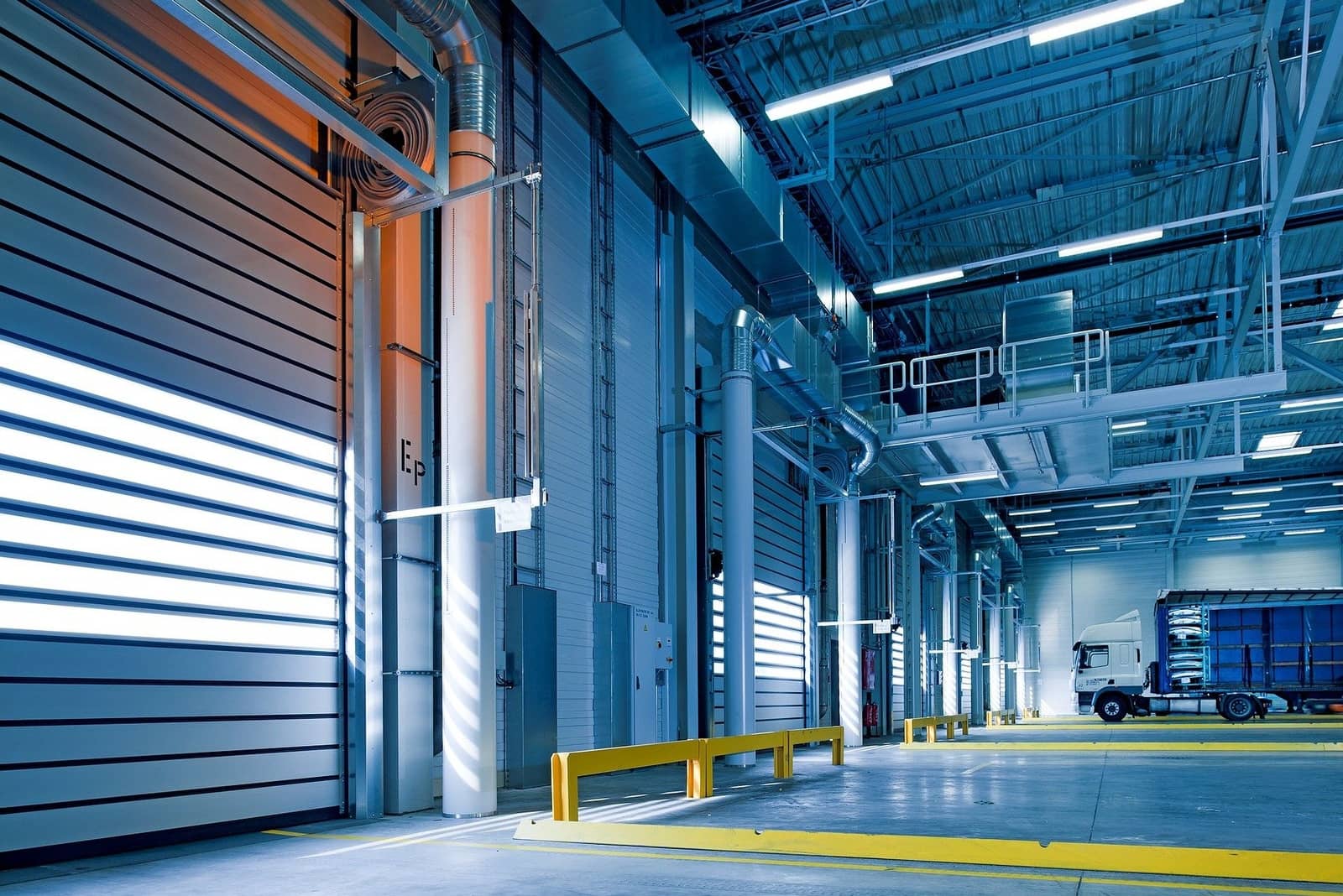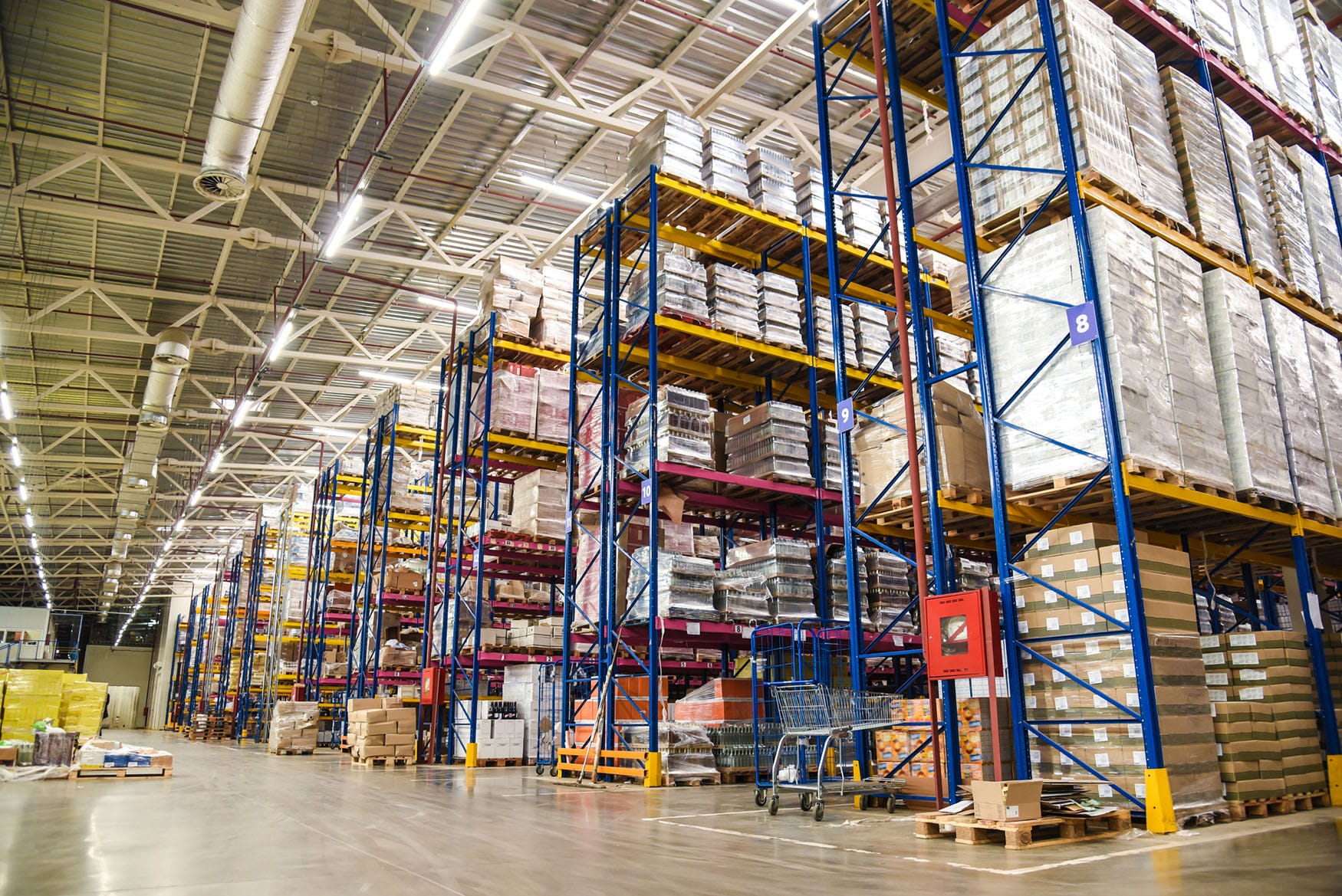
The Importance of Warehouse Security
Warehouses are critical components of the supply chain, serving as storage and distribution hubs for valuable inventory. The security of these facilities is paramount, as they often house high-value goods and materials that can be attractive targets for theft and other criminal activities. Ensuring the safety and protection of warehouse inventory is not just a business necessity, but a fundamental aspect of maintaining operational integrity and customer trust.
Prioritizing security in warehouse environments is crucial for several reasons. First and foremost, it protects valuable inventory from theft, damage, or unauthorized access. Second, robust security measures can significantly enhance a facility's reputation, attracting more clients and fostering loyalty among existing ones. Lastly, comprehensive security protects the facility itself from potential liabilities and legal issues that could arise from security breaches.
Failing to implement adequate security measures can lead to severe consequences for warehouse operations. Facilities may face risks such as break-ins, theft, vandalism, or even use of the premises for illegal activities. Moreover, security breaches can result in loss of client trust, negative publicity, legal liabilities, and potential disruption of operations. By implementing comprehensive security measures, warehouse operators can create a safe, reliable environment that meets and exceeds industry standards and client expectations.
Before implementing security measures, warehouse operators should conduct thorough risk assessments. These assessments help identify potential vulnerabilities and threats specific to the facility. Factors to consider include the type of inventory stored, the facility's location, historical security incidents, and current security protocols. Based on the risk assessment, a comprehensive security plan should be developed. This plan should outline specific security measures, protocols, and procedures tailored to the warehouse's unique needs. The security plan should be regularly reviewed and updated to address evolving threats and changes in the facility's operations.
Perimeter Security
The first line of defense for any warehouse is its perimeter security. High-quality perimeter fencing serves as a visual and physical deterrent to potential intruders. Fences should be at least 8 feet high and topped with additional security features such as barbed wire or razor wire where appropriate. Gates should be sturdy and equipped with secure locking mechanisms. For added security, vehicle barriers at entry points can prevent ram-raid attacks.
Adequate exterior lighting is crucial for warehouse security. Well-lit perimeters discourage intruders and improve the effectiveness of surveillance systems. Motion-activated lighting can be particularly effective, drawing attention to any movement around the facility during non-operational hours.
A comprehensive video surveillance system is essential for monitoring the warehouse perimeter. High-resolution cameras should be strategically placed to cover all entry points, loading docks, and vulnerable areas of the facility. Modern surveillance systems often include features such as night vision, motion detection, and remote monitoring capabilities.
Access Control Systems
Controlling access to the warehouse is crucial for maintaining security. Advanced access control systems help ensure that only authorized personnel can enter specific areas of the facility. Electronic access cards or key fobs provide a secure and trackable method for granting entry to authorized individuals. These systems can be programmed to restrict access to certain areas based on an employee's role or security clearance level.

For areas requiring higher levels of security, biometric systems such as fingerprint or retinal scanners offer an additional layer of protection. These systems are difficult to circumvent and provide an accurate record of who accessed specific areas and when.
A structured visitor management system helps control and monitor non-employee access to the warehouse. This may include requiring visitors to sign in, wear identification badges, and be escorted by authorized personnel while on the premises.
Internal Security Measures
While perimeter security is crucial, internal security measures are equally important for protecting inventory and sensitive areas within the warehouse. Advanced inventory management systems help track the movement of goods within the warehouse. These systems can detect discrepancies and unusual patterns that may indicate theft or unauthorized access to inventory.
High-value or sensitive items should be stored in separate, highly secure areas within the warehouse. These areas may require additional access controls, such as dual-authentication systems or constant video surveillance.
Regular security training for employees is essential. Staff should be educated on security protocols, how to identify and report suspicious activities, and the importance of maintaining a secure environment. Creating a culture of security awareness among employees can significantly enhance the overall security of the warehouse.

Alarm Systems
A comprehensive alarm system is crucial for detecting and responding to security breaches quickly. Modern intrusion detection systems can include a variety of sensors such as motion detectors, door and window sensors, and glass break detectors. These systems should be monitored 24/7, either by on-site security personnel or a professional monitoring service.
In addition to intrusion detection, warehouses should have systems in place to monitor for fire, smoke, and environmental hazards. These systems help protect both inventory and personnel in the event of an emergency.
Cybersecurity Measures
As warehouses increasingly rely on digital systems for inventory management and operations, cybersecurity becomes an essential component of overall security. Warehouse networks should be protected with robust firewalls, encryption, and regular security updates. Wi-Fi networks should be secured and separate from networks used for critical operations.
Sensitive data, including inventory information and client details, should be protected through encryption and secure backup systems. Access to this data should be strictly controlled and monitored.
Advanced Surveillance Technologies
Modern surveillance technologies have greatly enhanced the capabilities of warehouse security systems. AI-enhanced video analytics can automatically detect suspicious activities, such as loitering, unauthorized access attempts, or unusual movement patterns. These systems can alert security personnel in real-time, allowing for quick response to potential threats.
Drones equipped with cameras can be used for aerial surveillance of large warehouse facilities or outdoor storage areas. These can provide a cost-effective way to monitor expansive properties and hard-to-reach areas.

Regular Security Audits and Assessments
Periodic security audits help identify potential vulnerabilities and ensure that all security systems are functioning as intended. These audits should cover both physical and digital security measures. They should include testing of alarm systems, review of access logs, assessment of employee adherence to security protocols, and evaluation of the effectiveness of current security measures.
Risk assessments should be conducted regularly to identify new or evolving threats. This might include changes in the local crime landscape, new types of cyber threats, or shifts in the value or nature of stored inventory. By staying proactive in identifying potential risks, warehouse operators can adapt their security measures accordingly.




